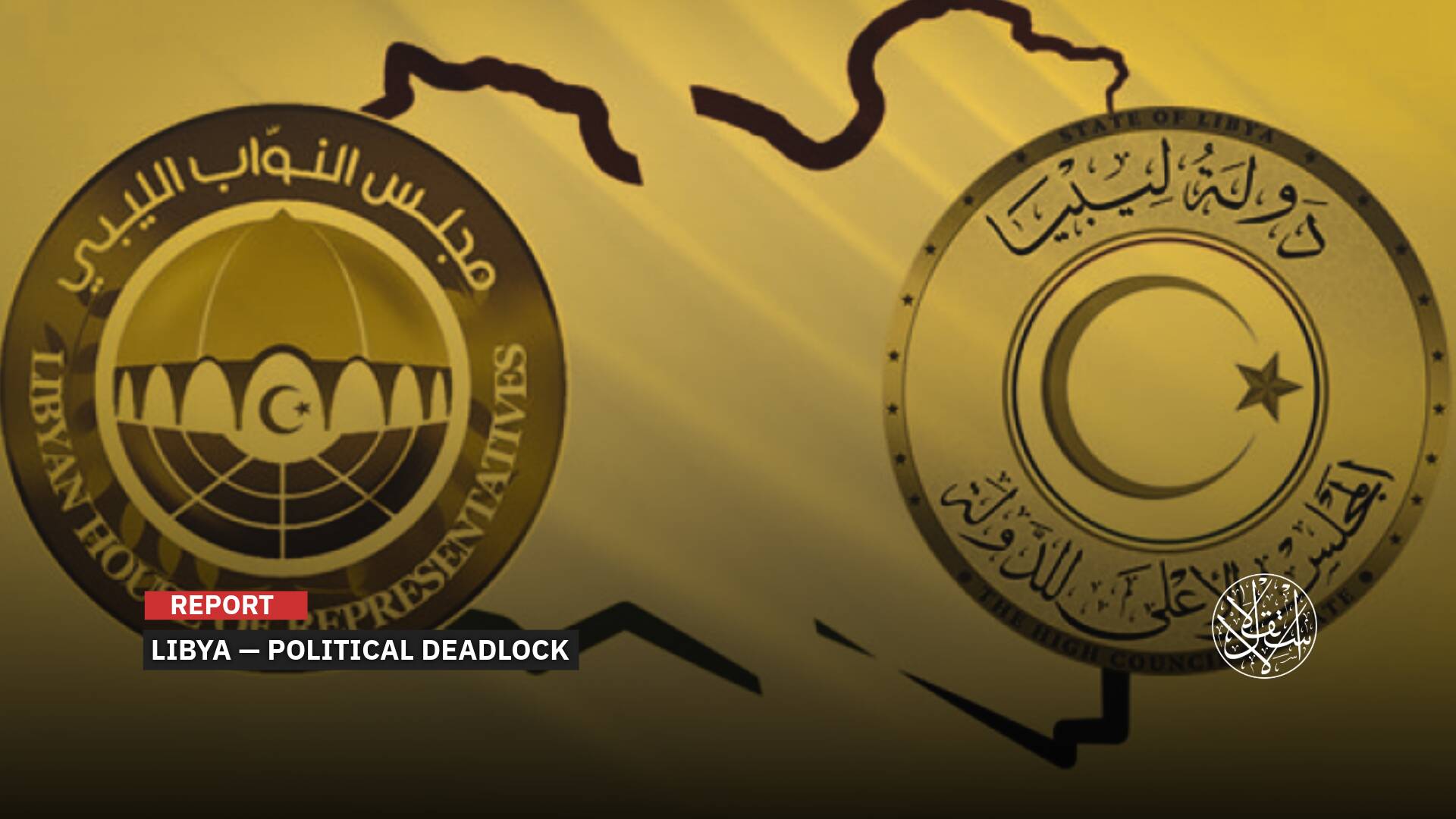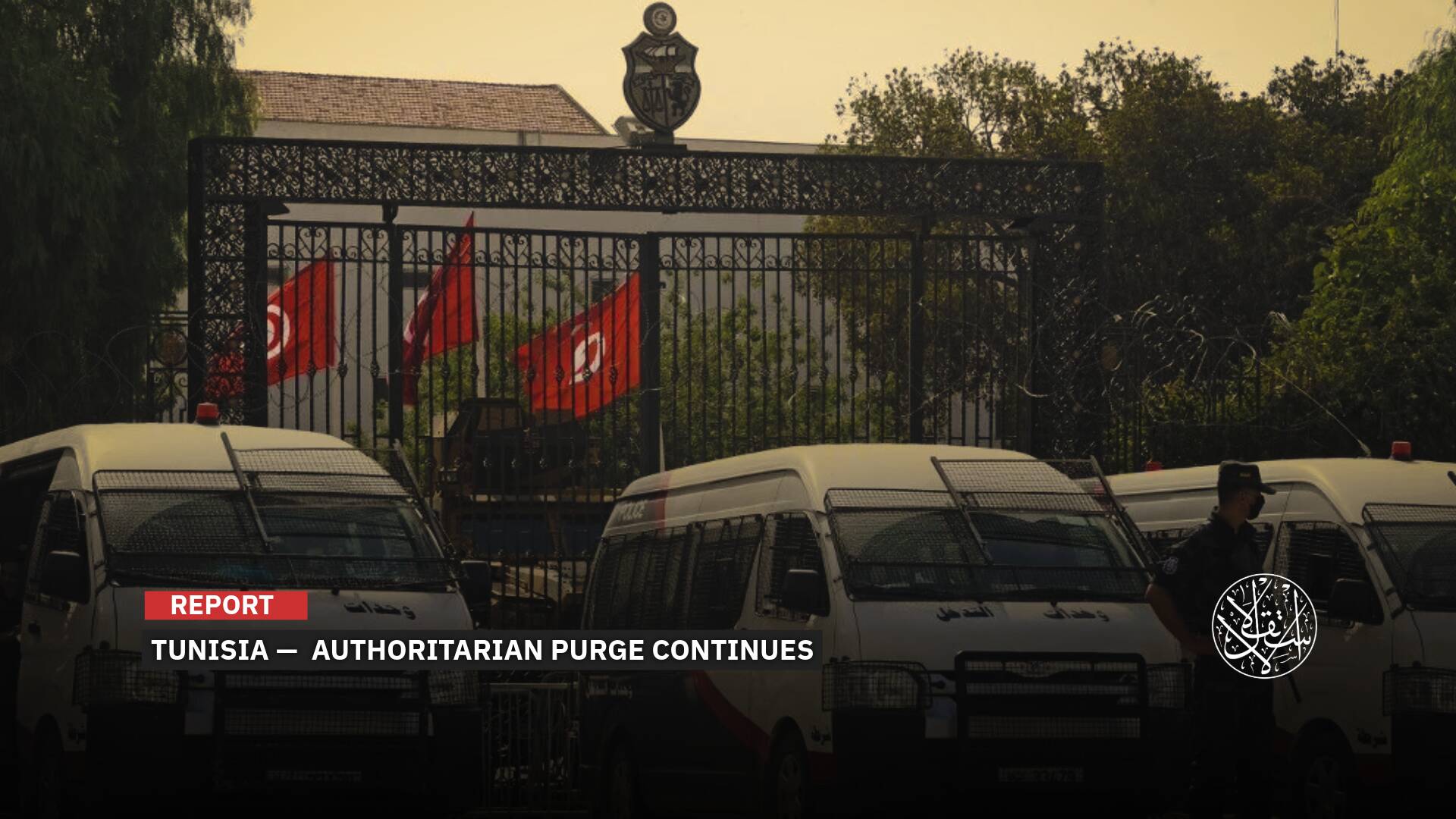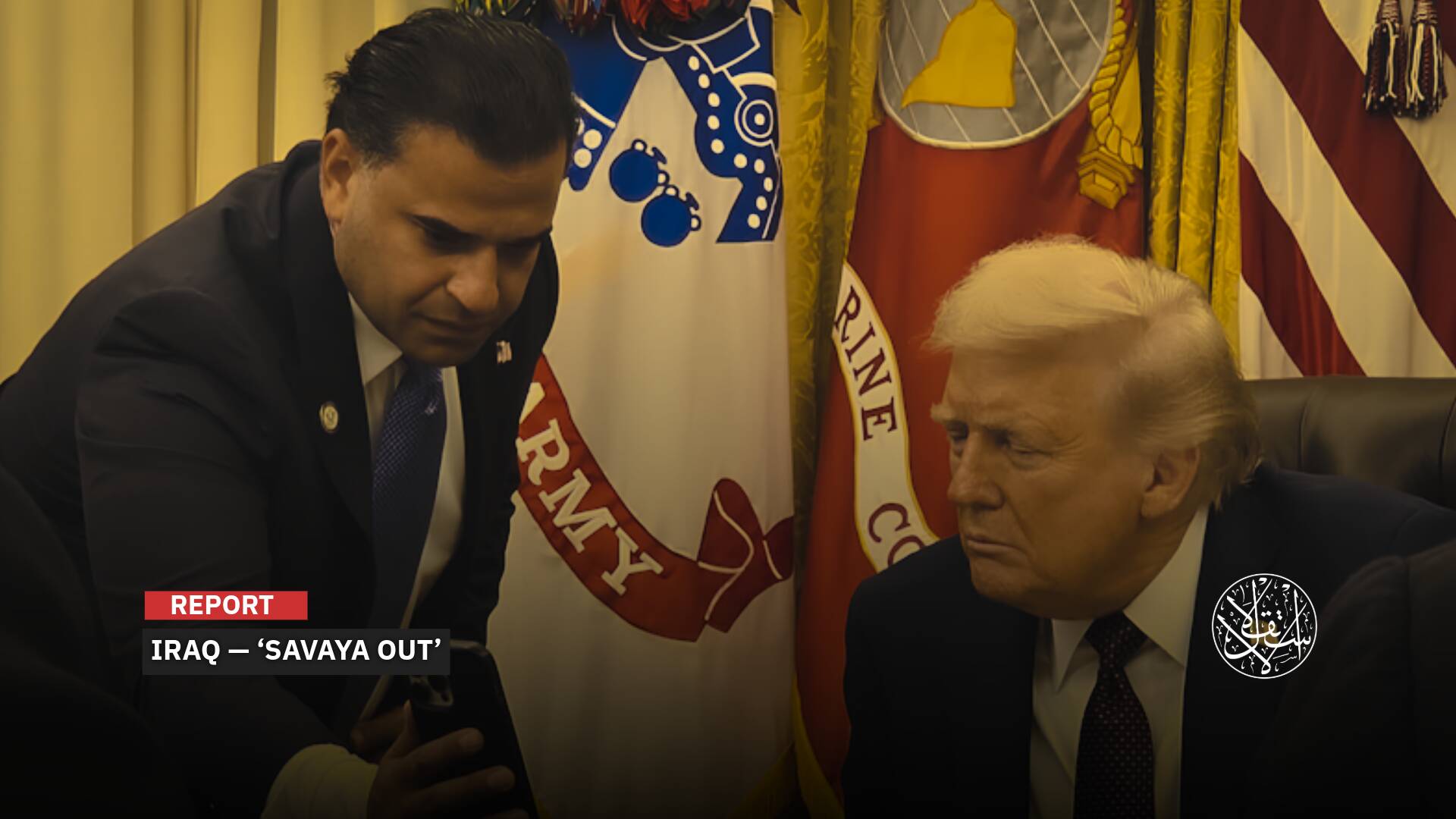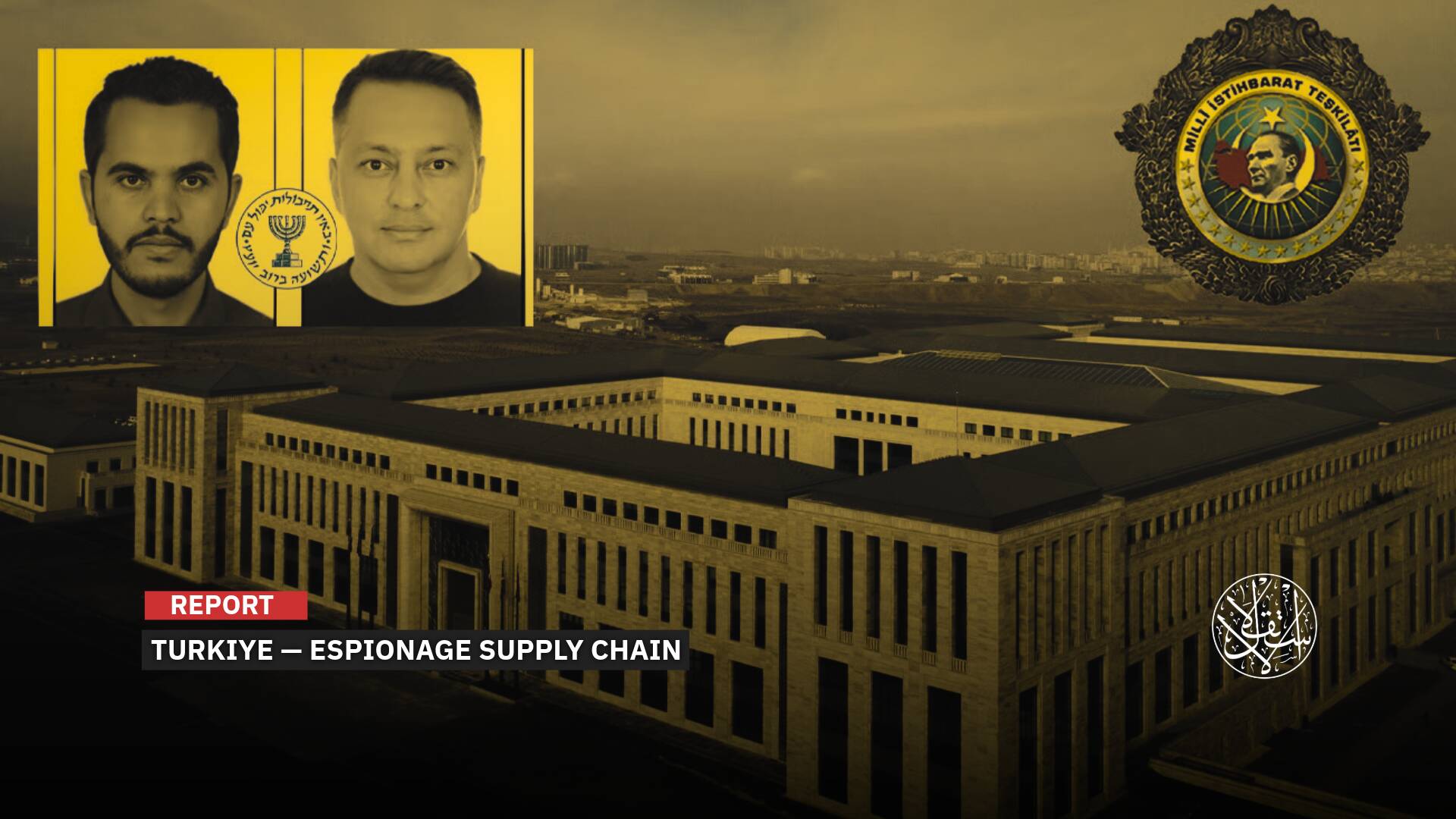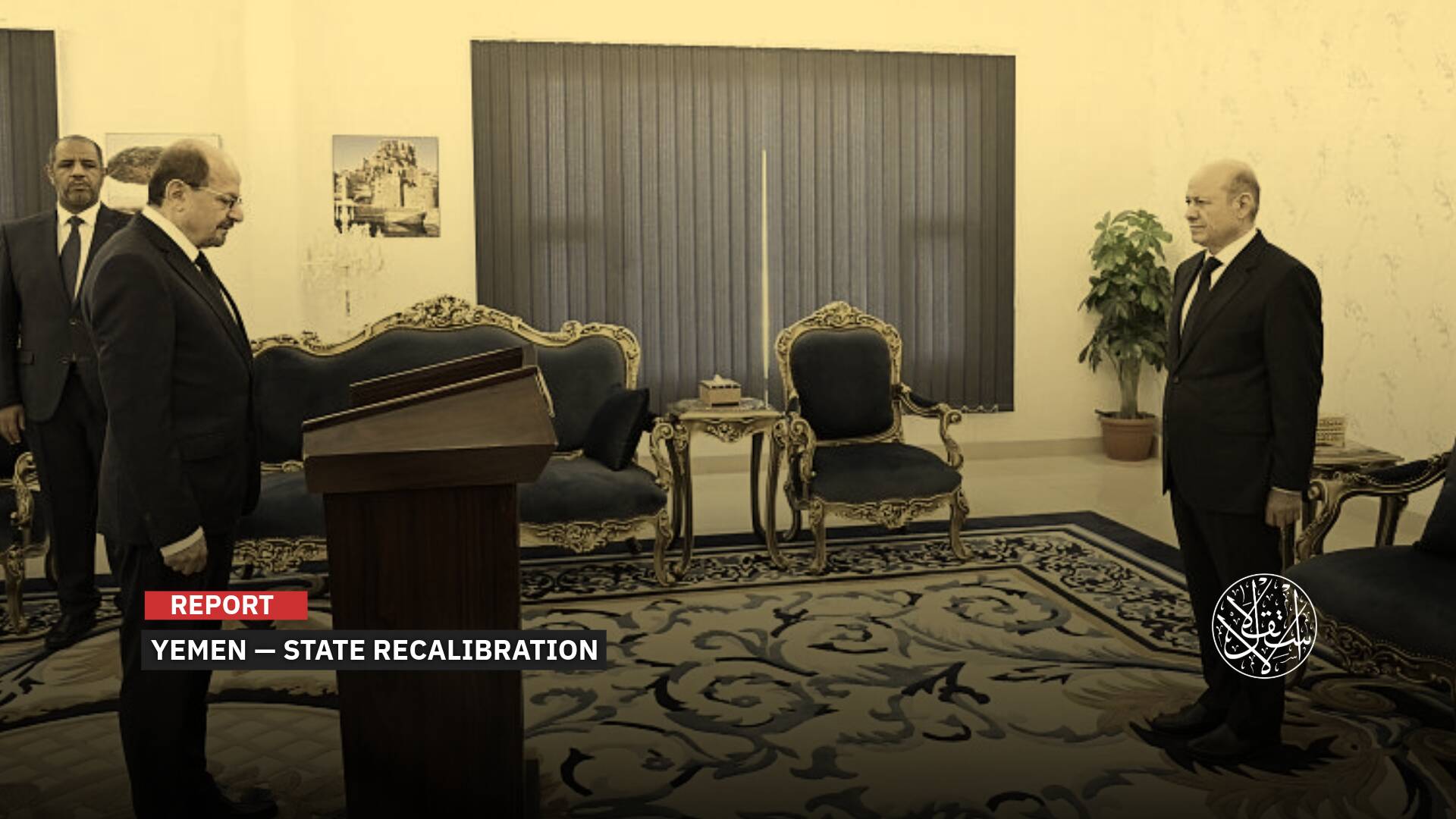‘The Death Hospital’: How Morocco’s Failing Health System Was Exposed
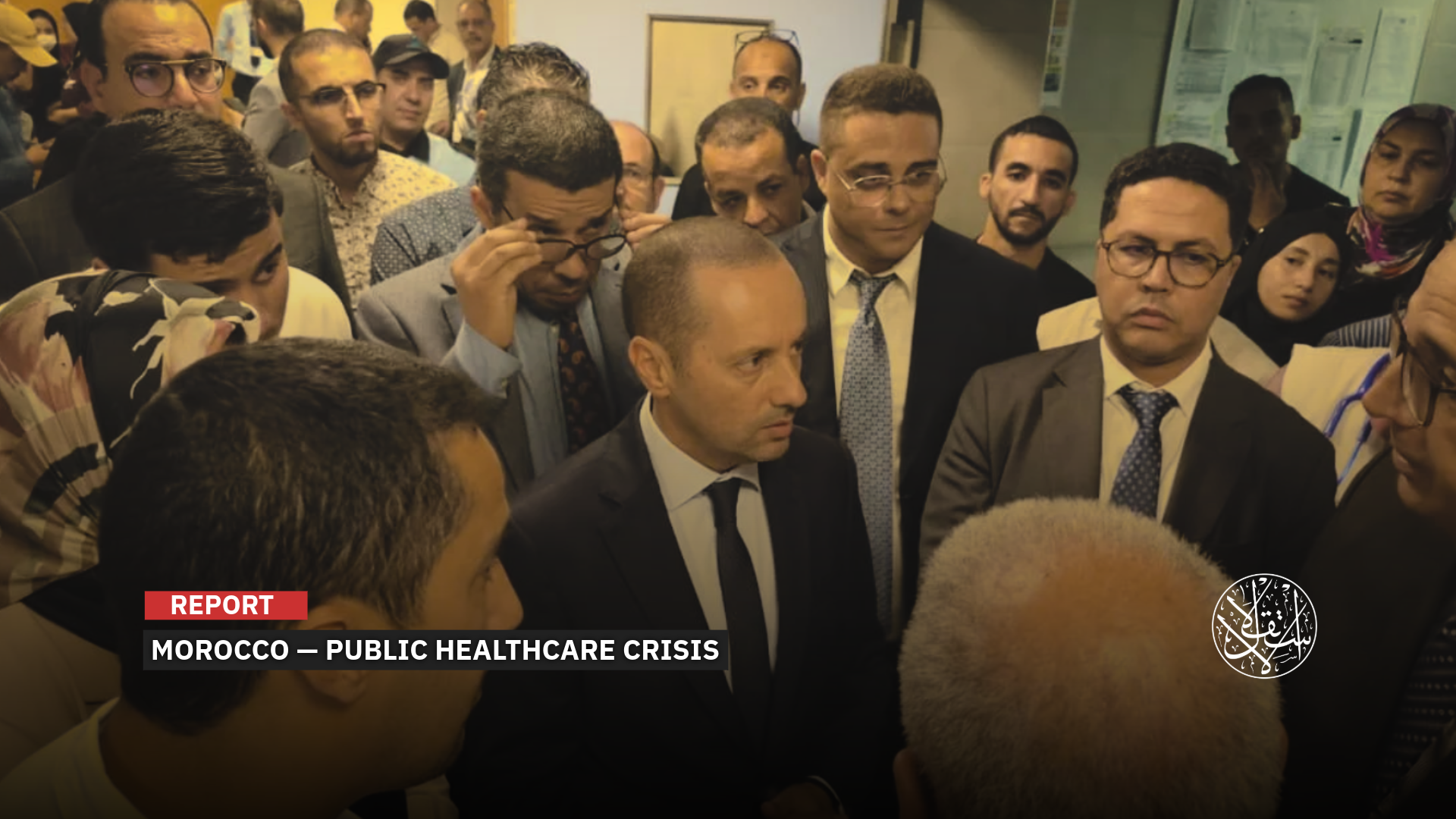
“It is shocking that entering a public hospital in Morocco can turn into a gamble that might send a patient to their coffin.”
A mounting health crisis and growing public anger have gripped Agadir, a city in central Morocco, as residents took to the streets to protest what they described as “catastrophic” and even “deadly” healthcare services. The demonstrations followed a series of deaths among pregnant women over a short period, highlighting deep systemic weaknesses in the country’s healthcare system.
The surge in fatalities prompted Morocco’s Minister of Health and Social Protection, Mohamed Ameen al-Tahrawi, to visit Hassan II Regional Hospital in Agadir on September 16, 2025. Yet citizens insist that Agadir’s situation is not isolated; they see it as a reflection of a national crisis affecting healthcare across the country.
Official Acknowledgment
Immediately following his visit, al-Tahrawi expressed solidarity with the families and patients affected by the hospital’s failings. He acknowledged that the problems were real and visible across multiple areas, from equipment shortages to inadequate services.
The minister announced the dismissal of hospital directors and other senior officials, as well as the termination of contracts with companies responsible for reception, cleaning, and security. He also confirmed recurrent absenteeism among staff and shortages of medicines and medical equipment.
Regarding the recent deaths, the minister offered condolences to the families, stating that the General Inspectorate had been dispatched to investigate. He emphasized that findings would be compiled into detailed reports for the public prosecutor to determine accountability and take legal action.
Local media, including Maghreb Times, reported on September 15 that preliminary findings point to issues with halothane, an anesthetic used in surgeries. A failure in the hospital’s refrigeration or handling of the substance may have rendered it ineffective, forcing doctors to administer higher doses, a factor possibly linked to the recent fatalities.
Healthcare observers are calling for rapid disclosure of the investigation’s results and for responsible parties to be held accountable, stressing that citizens’ lives cannot withstand further delay or ambiguity.
“The Hassan II Regional Hospital in Agadir is no longer a medical facility; it has become a terrifying specter that frightens patients even before they enter,” said Youssef al-Tawil, a local resident. He described a system where patients face psychological barriers at the entrance, malfunctioning equipment, and long waits, and are often forced to purchase essential medicines outside the hospital, even in urgent cases.
Al-Tawil identified the most severe crisis as the repeated deaths of pregnant women over a short period, which ignited two major public protests outside the hospital. Citizens took to the streets to demand accountability and sound the alarm over what they see as an escalating national healthcare emergency.
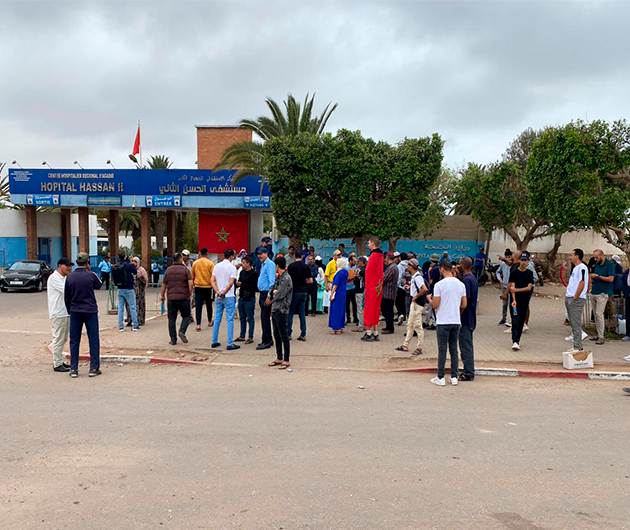
Political Failure
Activists rejected these measures as insufficient and called on the minister to resign, citing, among other reasons, his alleged lack of knowledge about the inner workings of the healthcare sector.
“Instead of promptly resigning, which would be the least he could do, the Health Minister remains part of the problem. He is a symptom of the systemic failures that plague Morocco’s entire healthcare system, not just Agadir,” journalist Mustafa Elfanne said.
On September 16, Elfanne criticized the minister on Facebook, saying, “Instead of resigning quickly to prevent the spread of anger and protests to other regions facing the same healthcare crisis, we were surprised to see the minister preparing scapegoats. He remains in office as if he were the savior, refusing to take responsibility for what happens in his sector. Personally, I am shocked by such reckless and misleading decisions.”
“Responsibility is primarily political. The top officials must step down first before any minor dismissals can make sense. Removing low-level staff will only spread the crisis, because these employees deserve solidarity, not scapegoating from a minister unfit for his position.”
He also condemned the government as a whole, describing the situation in Agadir and beyond as “a clear example of political failure, driven by a leadership focused on public procurement deals rather than addressing real issues.”
The National Organization for Human Rights and Anti-Corruption (ONDHLC) echoed these concerns, warning on September 16 that Morocco’s healthcare system faces “serious deterioration, reaching near-total collapse, while citizens’ cries for help rise from Agadir to other cities.”
In a September 16 statement, the organization blasted Morocco’s health system as “abnormal and distorted,” run by outsiders with no vision or expertise, and treated like a private company chasing profits while poor citizens are left alone to face pain and disease.
It highlighted the most alarming aspect of the collapse: appointing ministers and officials with no medical experience. “How can someone who has never worked in healthcare or experienced the challenges of public hospitals manage such a sensitive sector?” the statement asked.
According to the organization, these appointments reflect political loyalty and favoritism rather than competence. The result, it said, is “hasty decisions, failed programs, wasted budgets, and patients as the primary victims.” It recommended the dismissal of all officials directly responsible for the collapse, including the minister and his administrative team.
The statement argued that the current minister, Mohamed Ameen al-Tahrawi, is unfit to lead the health sector. “He was not appointed to reform hospitals or support medical staff. He was placed here to maintain control over contracts for drugs, labs, and private hospitals, while poor citizens continue to die daily in public facilities,” it said.
Critics also pointed to al-Tahrawi’s professional background, noting that he has no direct experience in healthcare. He previously served as vice president of the AKSAL Group, owned by Salwa Idrissi, wife of Prime Minister Aziz Akhannouch, and as head of Akhannouch’s office when the latter was Minister of Agriculture and Fisheries, roles unrelated to public health management.

National Crisis
Journalist Younes Masskine described the Agadir events as just “another chapter in a series of similar stories across Morocco.” He cited a recent tragedy at Moulay Youssef Hospital in Rabat, where four patients died at once in the ICU amid reports of oxygen system failures and official statements that failed to convince anyone.
In Fez, Masskine reported, authorities uncovered a network within a public hospital allegedly involved in the deaths of children undergoing cancer treatment. Meanwhile, at Les Orangers Hospital in Rabat, an infant died, and five newborns’ conditions worsened, prompting the ministry to launch an urgent investigation—a recurring pattern of tragedy first, investigation second, and eventual forgetfulness.
In Larache, a mother and her infant died in a public facility, while unions demanded a “neutral” investigation that, according to Masskine, would change nothing but the formal language used. He argued that these incidents are not isolated but form a broader map of eroding public trust in Morocco’s hospitals.
“The problem is not just scarce funds, broken equipment, or staff shortages,” he wrote. “It is a systemic failure that has made protests outside hospitals the norm, when these institutions should be a source of reassurance and a last refuge for patients.”
Masskine condemned the state of affairs, saying, “It is shocking that entering a public hospital in Morocco can become a gamble that might send a patient to their coffin. Worse still, we have come to accept this as inevitable.”
“History teaches us that populations do not endure health humiliation indefinitely. When tragedies repeat, they spark collective awareness.”
Reflecting on the Agadir protests, Masskine emphasized, “The most important message is that citizens’ lives are too valuable to be reduced to official statements or administrative reports. Access to healthcare is not a favor from the state; it is its fundamental duty.”
Former MP Rihhab Hanane echoed these warnings, stressing on September 14 that “hospital protests are coming, and we cannot cover the sun with a sieve. What happened in Agadir, public outrage against healthcare failures, encouraged by corruption in both the private and public sectors at local and regional levels, could snowball, growing larger with each roll.”
She emphasized that “the situation in Agadir is no different from many other regions, including major cities. Previous warnings and popular movements were followed by local reforms meant to give the appearance of change, only for things to return to their previous state.”
“Healthcare in Morocco is not a luxury; it is a right, a right that cannot be compromised or postponed under any pretext. The right to health is linked to the most fundamental human right: the right to life,” Hanane said.
“It is no exaggeration to describe public hospitals today as disaster zones. God help those forced to rely on them.”



